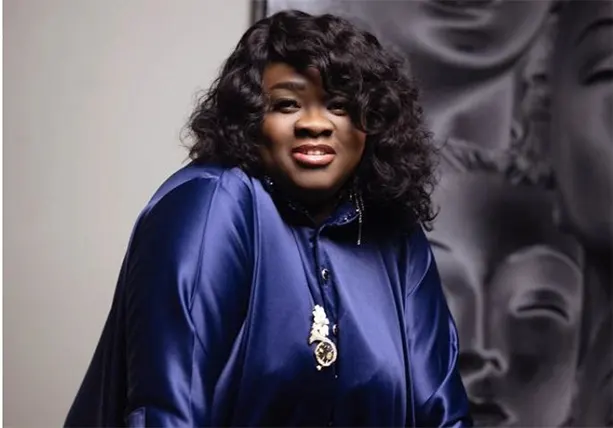Cee, a gospel singer recognized from the reality show Mentor, has publicly addressed the dissolution of her marriage to a pastor, emphasizing that her decision was not divinely ordained but a personal one based on untenable circumstances. In a candid interview circulating on social media, she clarified that her departure from the marriage stemmed from specific issues that she could no longer endure, contrasting her situation with other gospel artists who often attribute marital separations to direct instructions from God. Cee’s statement directly refutes any assumption of divine intervention, firmly placing the agency for her decision within her own lived experience and the realities of her marital situation. Her husband, she asserts, is fully aware of the issues that led to their separation. This transparent declaration provides insight into the complexities of personal choices within a faith-based context, highlighting the individual struggles that can exist even within seemingly pious unions.
The singer’s revelation further delves into the dynamics of relationships within the gospel music community, particularly the perceived affinity between gospel musicians and pastors. She sheds light on a prevalent belief among gospel artists: that pastors, due to their shared spiritual vocation, are more understanding and supportive of the demands and challenges inherent in a gospel music ministry. This perception, Cee suggests, often leads gospel musicians to seek out pastoral partners, believing they offer a unique compatibility based on shared faith and ministerial experience. This insight offers a glimpse into the social and relational landscape of the gospel music world, revealing underlying assumptions and motivations driving relationship choices within this specific community. It highlights the interplay between personal faith, professional calling, and the search for a supportive life partner.
However, Cee’s own experience presents a counter-narrative to this commonly held belief. She reveals that despite the perceived compatibility, her marriage to a pastor ultimately ended due to unresolved issues. This suggests that while shared faith and ministerial understanding may be appealing factors, they do not guarantee a successful or fulfilling marriage. Cee’s personal experience serves as a cautionary tale, demonstrating that even within seemingly ideal pairings, individual differences and unforeseen challenges can arise, leading to marital discord. It underscores the importance of addressing underlying issues and maintaining open communication, regardless of shared religious beliefs or professional paths.
Furthermore, Cee disclosed an intriguing detail about her path to marriage: she had initially resisted the idea of marrying a pastor, even declining multiple proposals from men of God. This revelation adds another layer of complexity to her story, suggesting an initial awareness of potential challenges or incompatibility within such a union. Her initial reluctance points to a discerning approach to choosing a life partner, prioritizing personal compatibility over societal expectations or perceived advantages. This detail emphasizes that her eventual marriage to a pastor was not a foregone conclusion but rather a decision made despite her initial reservations, perhaps driven by factors that overcame her earlier hesitations.
The reasons behind Cee’s eventual decision to marry a pastor, despite her initial reluctance, remain undisclosed in the available information. This omission invites speculation about the factors that influenced her change of heart. Did her perceptions of pastoral relationships evolve? Were there specific qualities in her eventual husband that overcame her initial reservations? Or were there external pressures or circumstances that contributed to her decision? These unanswered questions highlight the complexity of individual decision-making, particularly within the context of relationships and societal expectations.
Cee’s candid account of her marriage and its dissolution offers a valuable perspective on the complexities of relationships within faith-based communities. It challenges common assumptions about the supposed compatibility between gospel artists and pastors, highlighting the importance of individual experiences and the potential for discord even within seemingly ideal pairings. Her story emphasizes personal agency in navigating difficult marital situations, even within a context where religious expectations might influence such choices. By sharing her experience, Cee provides a nuanced and relatable narrative about the challenges of marriage, divorce, and the search for personal fulfillment, regardless of one’s faith or profession. Her transparency encourages open dialogue about these sensitive topics, challenging the tendency to present idealized versions of faith-based relationships and acknowledging the very real struggles that can exist within them. This openness contributes to a more honest and supportive conversation about the complexities of relationships, faith, and personal well-being.


